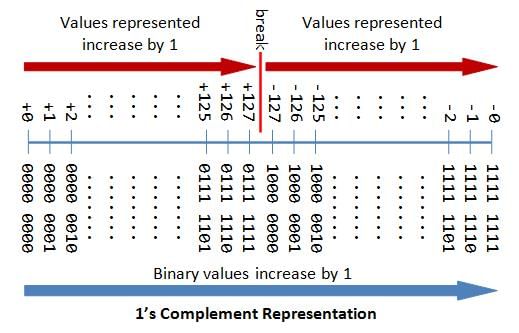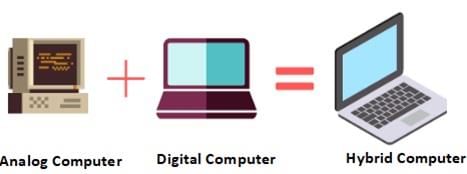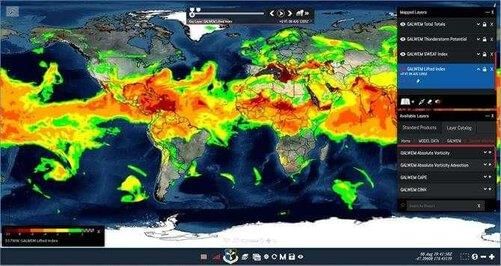|
What are the main operational principles that classify computers into three categories? |
Card: 1 / 20 |
|
Computers are classified based on their operational principles into three main categories: Analog Computers, Digital Computers, and Hybrid Computers. 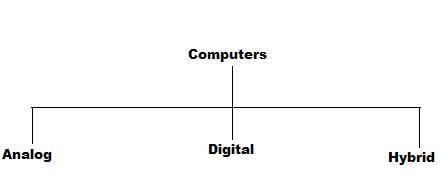 |
Card: 2 / 20 |
|
Analog computers process ___ data, representing quantities with an infinite range of values. |
Card: 3 / 20 |
|
True or False: Digital computers typically use ON-OFF inputs, where 0 represents ON and 1 represents OFF. |
Card: 5 / 20 |
|
Fill in the blank: Hybrid computers combine the features of both ___ and ___ computers. |
Card: 7 / 20 |
|
What distinguishes digital computers from analog computers in terms of data handling? |
Card: 9 / 20 |
|
Digital computers handle both numeric and non-numeric data and perform arithmetic and logical operations, while analog computers process continuous data and do not have memory capabilities. 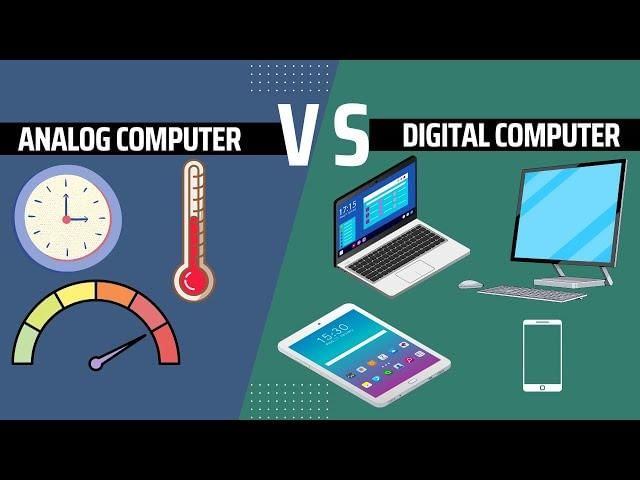 |
Card: 10 / 20 |
|
Riddle: I can process data continuously, but I lack memory and precision. What am I? |
Card: 11 / 20 |
|
What is a significant characteristic of hybrid computers that makes them unique? |
Card: 13 / 20 |
|
Hybrid computers offer the speed of analog systems combined with the memory and accuracy of digital ones. |
Card: 14 / 20 |
|
Fill in the blank: Computers can vary in size, from massive machines occupying entire buildings to compact ___ and ___ devices. |
Card: 15 / 20 |
|
Supercomputers are primarily used in ___, ___, and ___ for advanced data processing. |
Card: 17 / 20 |
|
What are the key characteristics that differentiate supercomputers from mainframe computers? |
Card: 19 / 20 |
|
Supercomputers are known for their speed and power, utilize artificial intelligence, are larger and more expensive, and have exceptionally high processing speeds compared to mainframe computers. 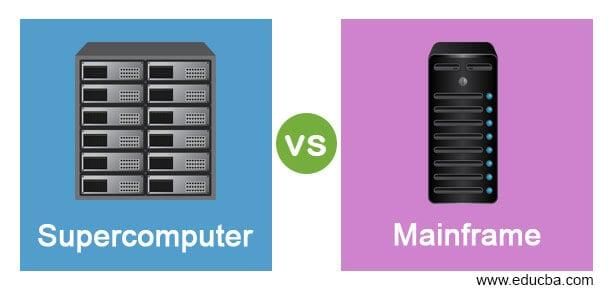 |
Card: 20 / 20 |
 Completed! Keep practicing to master all of them. |






